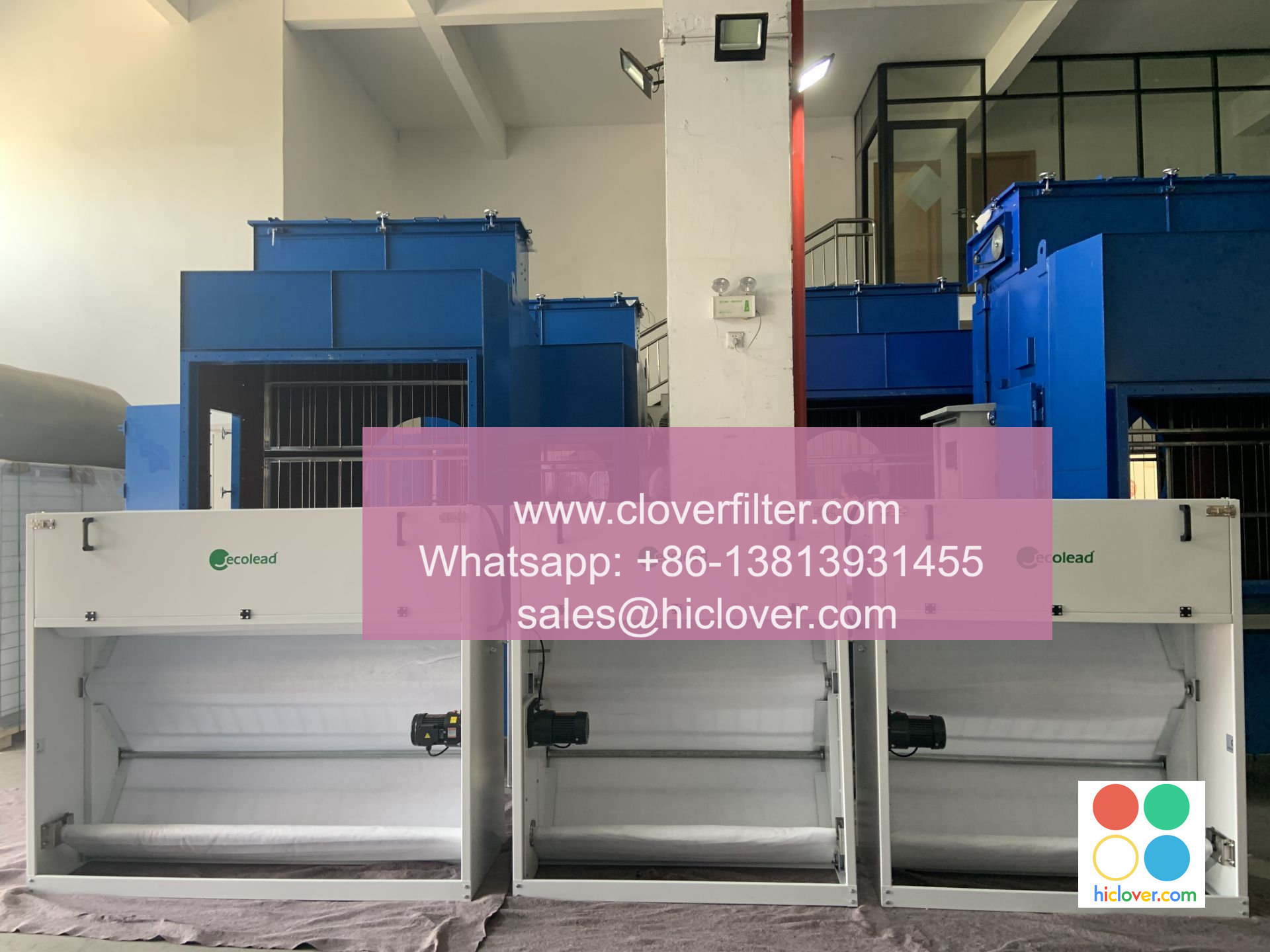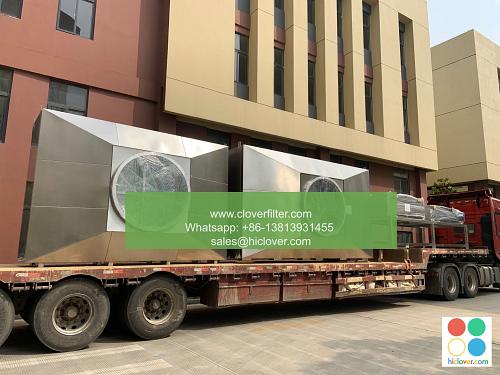The Benefits of using HEPA Air Filters in Commercial Industrial Settings

High-Efficiency Particulate Air (HEPA) filters have become an essential component in commercial industrial settings, providing numerous benefits for improving indoor air quality, reducing dust and particulate matter, and minimizing the risk of airborne contaminants. In this article, we will explore the advantages of using HEPA air filters in various commercial industrial applications, including hazardous material handling, pharmaceutical manufacturing, and food processing.
Improved Indoor Air Quality
HEPA air filters are designed to capture 99.97% of particles as small as 0.3 microns, including pollen, dust, mold, and bacteria. By removing these airborne contaminants, HEPA filters help to improve indoor air quality, reducing the risk of respiratory problems and allergic reactions among employees and visitors. In commercial industrial settings, improved indoor air quality can lead to increased productivity, reduced absenteeism, and enhanced overall wellness.
Reduction of Dust and Particulate Matter
HEPA air filters are particularly effective in reducing dust and particulate matter in commercial industrial settings, such as welding shops, machine shops, and construction sites. By capturing metal particles, silica dust, and other hazardous materials, HEPA filters help to minimize the risk of occupational diseases and environmental pollution. Additionally, reduced dust and particulate matter can lead to extended equipment life, reduced maintenance costs, and improved product quality.
Minimization of Airborne Contaminants
HEPA air filters are essential in commercial industrial settings where airborne contaminants are a significant concern, such as in biotechnology laboratories, hospitals, and food processing plants. By capturing bacteria, viruses, and other microorganisms, HEPA filters help to minimize the risk of infections and contamination. In these settings, HEPA filters are often used in conjunction with ultraviolet (UV) light disinfection and ventilation systems to provide comprehensive air purification and infection control.
Various Application Areas
HEPA air filters have a wide range of applications in commercial industrial settings, including:
* Hazardous material handling: HEPA filters are used to capture hazardous particles and vapors in settings such as chemical plants and asbestos abatement.
* Pharmaceutical manufacturing: HEPA filters are used to maintain cleanroom environments and prevent contamination in pharmaceutical production.
* Food processing: HEPA filters are used to capture bacteria and other microorganisms in food processing plants and kitchens.
* Construction sites: HEPA filters are used to reduce dust and particulate matter in construction sites and demolition areas.
Conclusion
In conclusion, HEPA air filters offer numerous benefits in commercial industrial settings, including improved indoor air quality, reduction of dust and particulate matter, and minimization of airborne contaminants. With their wide range of applications in hazardous material handling, pharmaceutical manufacturing, food processing, and other industries, HEPA air filters are an essential component in maintaining a safe, healthy, and productive work environment. By investing in HEPA air filters, commercial industrial facilities can improve air quality, reduce risks, and enhance overall wellness and productivity. It looks like you didn’t include a prompt. Please go ahead and ask me a question, provide a topic, or share what’s on your mind, and I’ll be happy to help!

